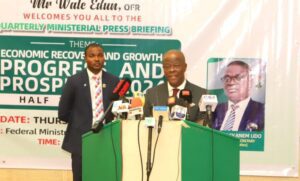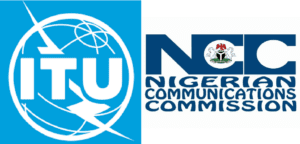


Junior Pope: NSIB commences investigation into boat accident
The Nigeria Safety Investigation Bureau (NSIB) has commenced an investigation into the devastating boat accident that claimed the life of actor, Junior Pope.
Junior Pope was found dead following an accident last week on the Anam River in Anambra State while shooting.
Among the victims were Abigail Frederick, Precious Oforum, and Joseph Anointing.
In an official statement released on Sunday, NSIB’s Director of Public Affairs and Consumer Protection, Bimbo Oladeji, confirmed the initiation of the investigation.
The objective of this inquiry is to uncover the circumstances surrounding the accident, pinpoint any contributing factors, and propose preventative measures to avert similar tragedies in the future.
The accident occurred when a speedboat, transporting twelve film crew members and a boat operator, tragically collided with a canoe on the Anam River.
In the statement, NSIB Director General, Captain Alex Badeh, said an investigation team has been dispatched to the accident site, and an inquiry has begun.
He said, “The investigation scope includes, but is not limited to, examination of the wreckage from both vessels involved in the collision, interviews with surviving crew members and eyewitnesses, review of operational procedures for the commercial speed boat, analysis of weather and environmental conditions at the time of the accident, and assessment of compliance with relevant safety standards and regulations for inland waterway transportation.”
The NSIB, according to its DG, will collaborate with the Anambra State Police Command’s Marine Police section, maritime authorities, and industry experts to investigate the recent boat accident on the Anam River.
The investigation will produce both preliminary and final reports, aiming to provide recommendations for preventing similar accidents in the future.
The DG said, “The NSIB extends its deepest sympathies to the families and loved ones of those who lost their lives in this heartbreaking accident.”
“We share in your grief and are fully committed to conducting a thorough investigation to determine the cause of this tragedy and prevent similar occurrences in the future,” he said.



